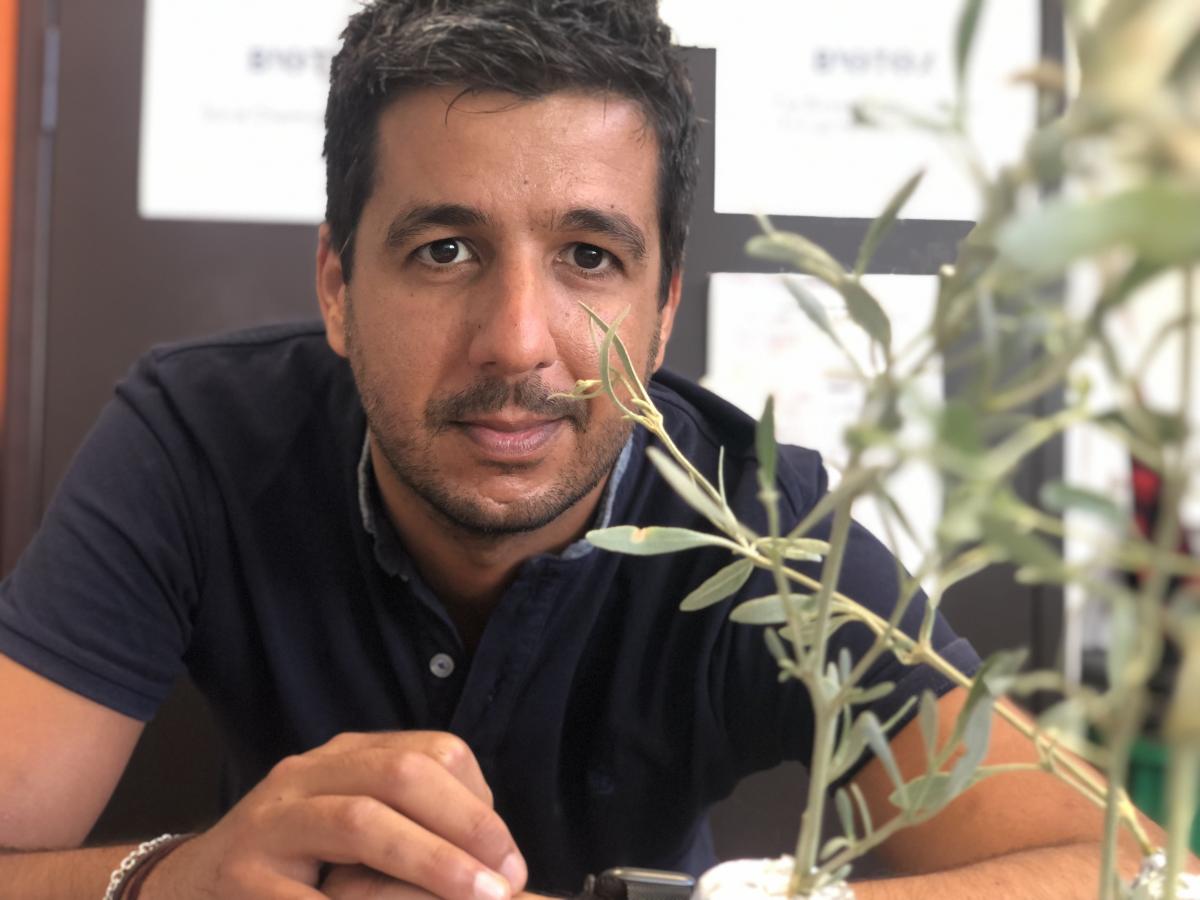Bernardo Duarte brings environmental genomics to the 4th GenomePT Symposium
Researcher and professor Bernardo Duarte, from MARE/ARNET at the Faculty of Sciences of the University of Lisbon, was one of the guest speakers at the 4th GenomePT Symposium, which took place on May 30, 2025, at BIOPOLIS-CIBIO, in Vairão. The meeting brought together researchers from various areas of genomics to reflect on recent advances and the growing impact of these tools on environmental, human and animal health.
In his presentation “Unlocking the Blue Hidden Majority: Transforming Biomonitoring, Food Safety and Planetary Health in Coastal Areas”, Bernardo Duarte spoke about the potential of marine microorganisms as allies in monitoring ecosystems. Referring to this invisible community as the “Hidden Majority”, he stressed that “the majority of organisms in the oceans are precisely those to which we pay little attention or on which there is still little research”. However, it is these organisms, often microscopic, that best reflect the impact of human activities on the marine environment.
During the session, the researcher shared three concrete examples of the application of genomic tools: the assessment of ecological quality based on microbial communities; the use of antibiotic and metal resistance genes to map human pressures, including in extreme environments such as Antarctica; and the development of biological markers capable of identifying the geographical origin of fish, contributing to traceability and food safety.
“The most important thing about these three case studies is that we realize that we can use these genomic tools to monitor the oceans efficiently, guarantee traceability and food safety,” said Bernardo Duarte.
The work presented is the result of various projects developed within the framework of MARE/ARNET/FCUL and reinforces the team's commitment to integrating environmental genomics into conservation and public health policies. Bernardo Duarte's presence at the symposium is also recognition of the quality of the research carried out at MARE/ARNET, which has a direct impact on the sustainability of marine ecosystems and the way we relate to the ocean.
Text by Vera Sequeira
